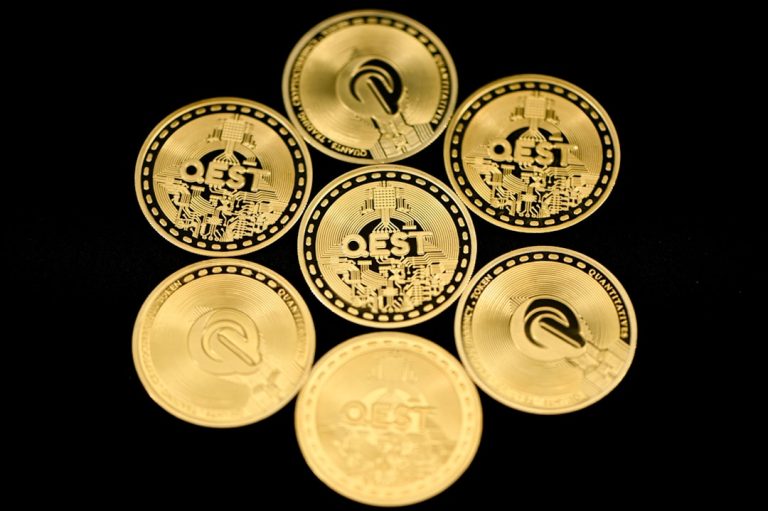Financial Education Resources: A Comprehensive Guide to Enhancing Your Financial Literacy
Having a strong foundation in financial education is crucial for achieving long-term financial success and stability. Whether you are just starting your journey to financial literacy or looking to expand your knowledge, there are a plethora of resources available to help you along the way. In this guide, we will explore various financial education resources that can empower you to make informed decisions about your money.
1. Online Courses and Webinars
One of the most convenient ways to enhance your financial knowledge is through online courses and webinars. Platforms like Coursera, Udemy, and Khan Academy offer a wide range of courses on topics such as budgeting, investing, and retirement planning. These courses are often self-paced, allowing you to learn at your own convenience.
2. Personal Finance Blogs and Websites
There is no shortage of personal finance blogs and websites that provide valuable insights and tips on managing your finances. Sites like The Balance, NerdWallet, and Investopedia offer a wealth of information on topics ranging from saving for emergencies to building credit.
3. Books on Personal Finance
Books are a timeless resource for expanding your financial knowledge. Whether you prefer traditional print books or e-books, there are countless titles available on personal finance. Some popular recommendations include “The Total Money Makeover” by Dave Ramsey, “Rich Dad Poor Dad” by Robert Kiyosaki, and “Your Money or Your Life” by Vicki Robin.
4. Financial Podcasts
If you prefer to consume content on the go, financial podcasts can be a great resource. Podcasts like “The Dave Ramsey Show,” “So Money with Farnoosh Torabi,” and “Afford Anything” cover a wide range of financial topics and feature interviews with experts in the field.
5. Nonprofit Organizations and Government Resources
Nonprofit organizations such as the National Endowment for Financial Education (NEFE) and government resources like MyMoney.gov offer free tools and resources to improve your financial literacy. These resources often include budgeting worksheets, calculators, and educational materials on various financial topics.
6. Financial Workshops and Seminars
Attending in-person financial workshops and seminars can provide valuable hands-on learning experiences. Many local community centers, libraries, and financial institutions offer free or low-cost workshops on topics like debt management, retirement planning, and investing.
7. Financial Apps and Tools
In the digital age, there are numerous apps and tools designed to help you manage your finances more effectively. Apps like Mint, Personal Capital, and YNAB (You Need a Budget) can assist with budgeting, tracking expenses, and setting financial goals.
8. Certified Financial Planners (CFPs) and Financial Advisors
If you prefer personalized guidance tailored to your specific financial situation, working with a Certified Financial Planner (CFP) or financial advisor can be beneficial. These professionals can help you create a comprehensive financial plan, set goals, and navigate complex financial decisions.
By utilizing these financial education resources, you can build a solid foundation of knowledge to make informed decisions about your finances. Remember that financial education is an ongoing journey, so continue to seek out new resources and opportunities to enhance your financial literacy.






